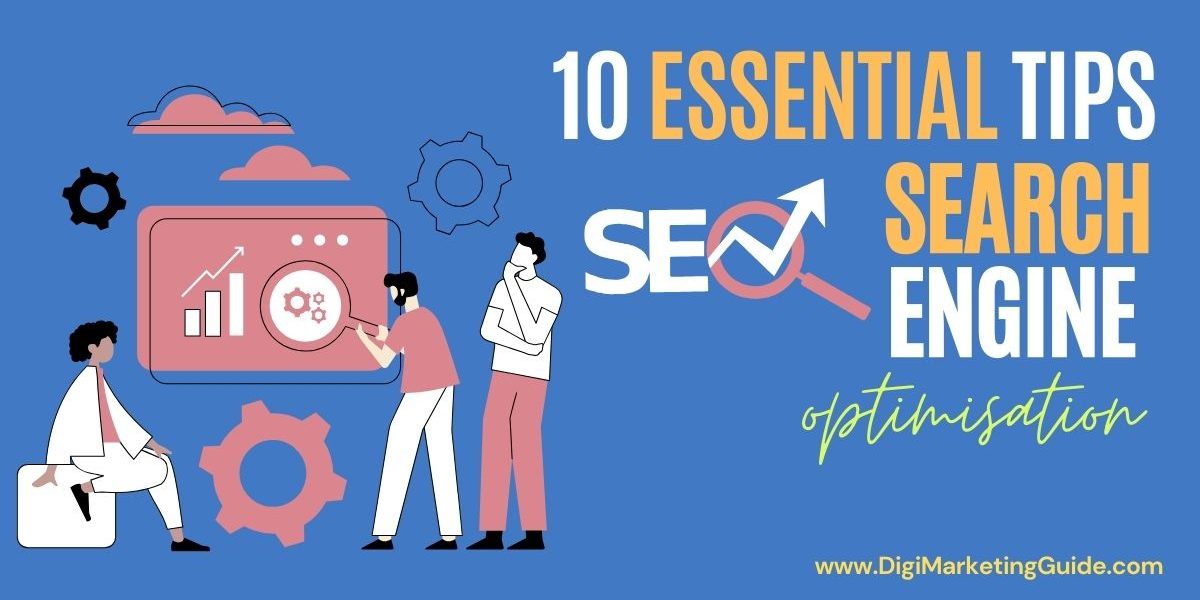Search Engine Optimization (SEO) is crucial for anyone looking to improve their website’s visibility and attract organic traffic. For beginners, mastering SEO can seem overwhelming, but following these ten essential tips will help you get started on the right track.
1. Start with Keyword Research
Keyword research is the foundation of SEO. Use tools like Google Keyword Planner, SEMrush, or Ahrefs to identify relevant keywords that your target audience is searching for. Focus on long-tail keywords with lower competition, as they are easier to rank for and can drive more targeted traffic to your site.
2. Optimize Your On-Page Content
On-page SEO involves optimizing individual web pages to rank higher in search engines. Ensure your content is informative, engaging, and includes your target keywords naturally. Use headings (H1, H2, H3) to structure your content and make it easier for search engines to understand.
3. Create High-Quality Content
Content is king in SEO. Regularly produce high-quality, original content that provides value to your audience. Focus on solving problems, answering questions, and offering insights that are relevant to your niche. The more valuable your content, the more likely it is to attract backlinks and rank higher.
4. Improve Website Loading Speed
Page speed is a critical ranking factor for search engines. A slow-loading website can result in a poor user experience and lower rankings. Use tools like Google PageSpeed Insights to analyze your site’s speed and implement recommendations, such as compressing images and enabling browser caching.
5. Optimize for Mobile Users
With the majority of searches happening on mobile devices, it’s essential to have a mobile-friendly website. Ensure your site is responsive, meaning it adapts to different screen sizes and provides a seamless experience across all devices. Google’s Mobile-Friendly Test can help you check your site’s mobile compatibility.
6. Use Meta Tags Effectively
Meta tags, including title tags and meta descriptions, play a significant role in SEO. The title tag should be concise, include your target keyword, and accurately describe the page content. The meta description, while not a ranking factor, can influence click-through rates, so make it compelling and relevant.
7. Optimize Your Images
Images can enhance your content but can also slow down your site if not optimized. Use descriptive filenames and alt text for your images to help search engines understand what the image is about. Additionally, compress images to reduce file size without sacrificing quality.
8. Build Quality Backlinks
Backlinks from reputable websites are a powerful signal to search engines that your content is valuable. Focus on building relationships with other sites in your industry to earn backlinks. Guest posting, creating shareable infographics, and engaging in community forums are effective ways to build links.
9. Utilize Internal Linking
Internal linking helps search engines crawl your site and understand the structure of your content. It also helps distribute page authority across your site, which can improve the ranking of individual pages. Ensure that your internal links are relevant and add value to the user experience.
10. Monitor Your SEO Performance
SEO is not a one-time task but an ongoing process. Use tools like Google Analytics and Google Search Console to monitor your website’s performance. Track metrics such as organic traffic, bounce rate, and keyword rankings to understand what’s working and where there’s room for improvement.
Conclusion
Mastering these essential SEO tips can significantly improve your website’s visibility and drive organic traffic. By focusing on keyword research, content quality, and technical optimization, beginners can lay a strong foundation for successful SEO strategies that deliver long-term results.





